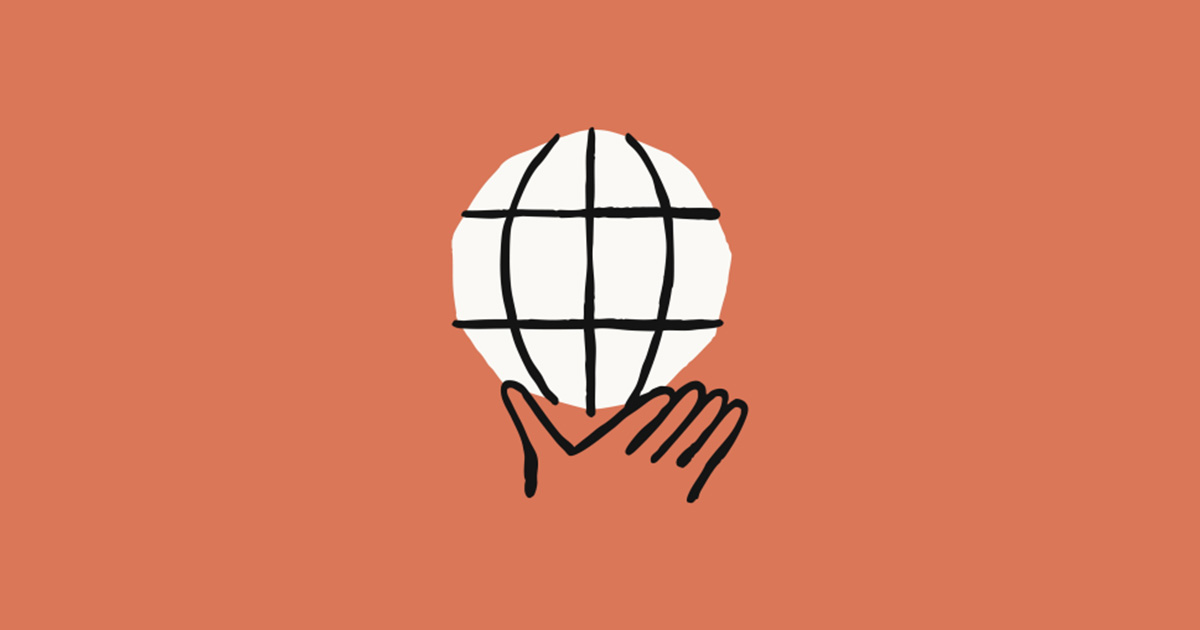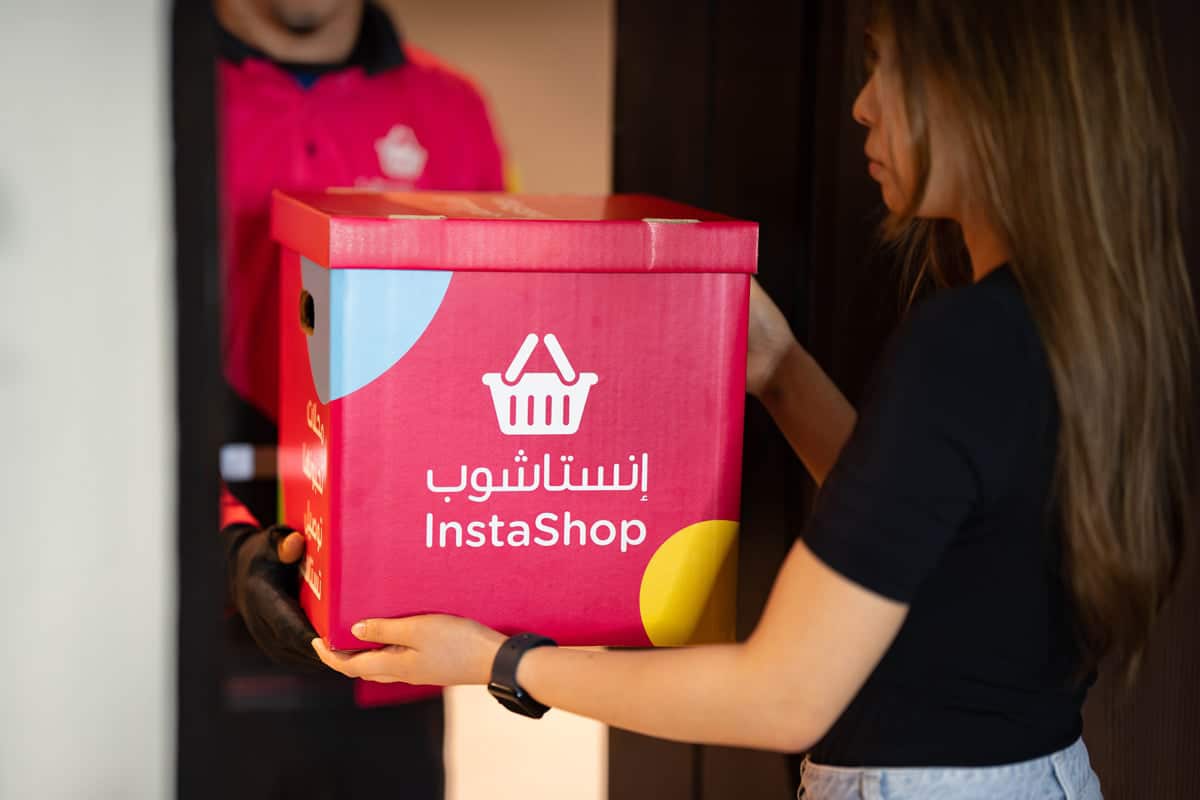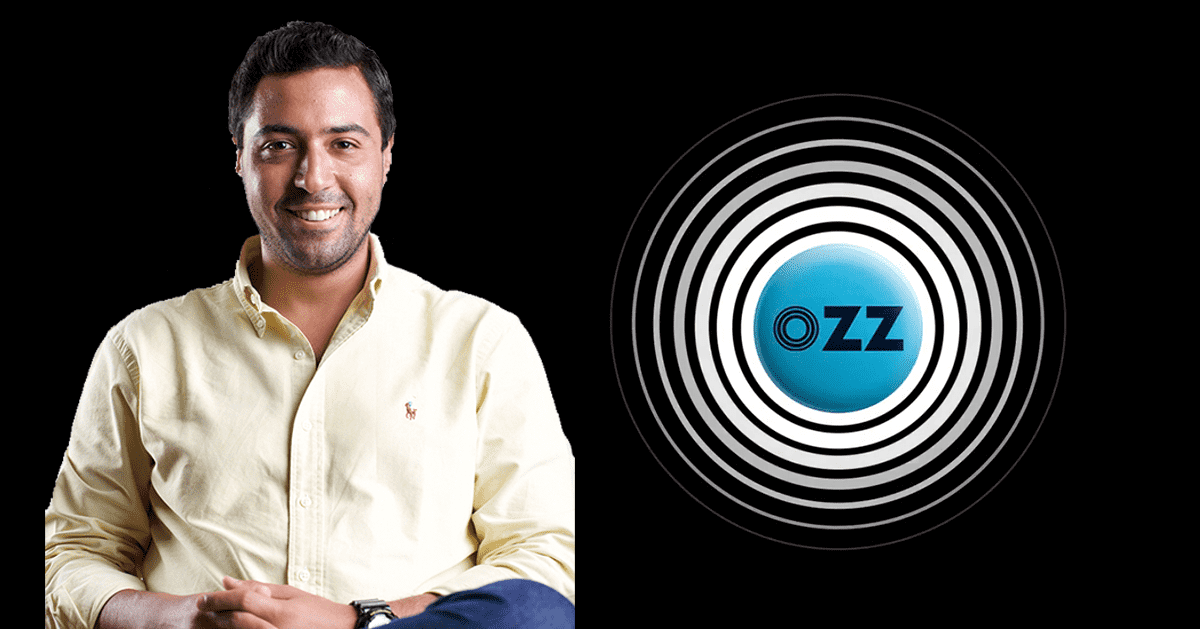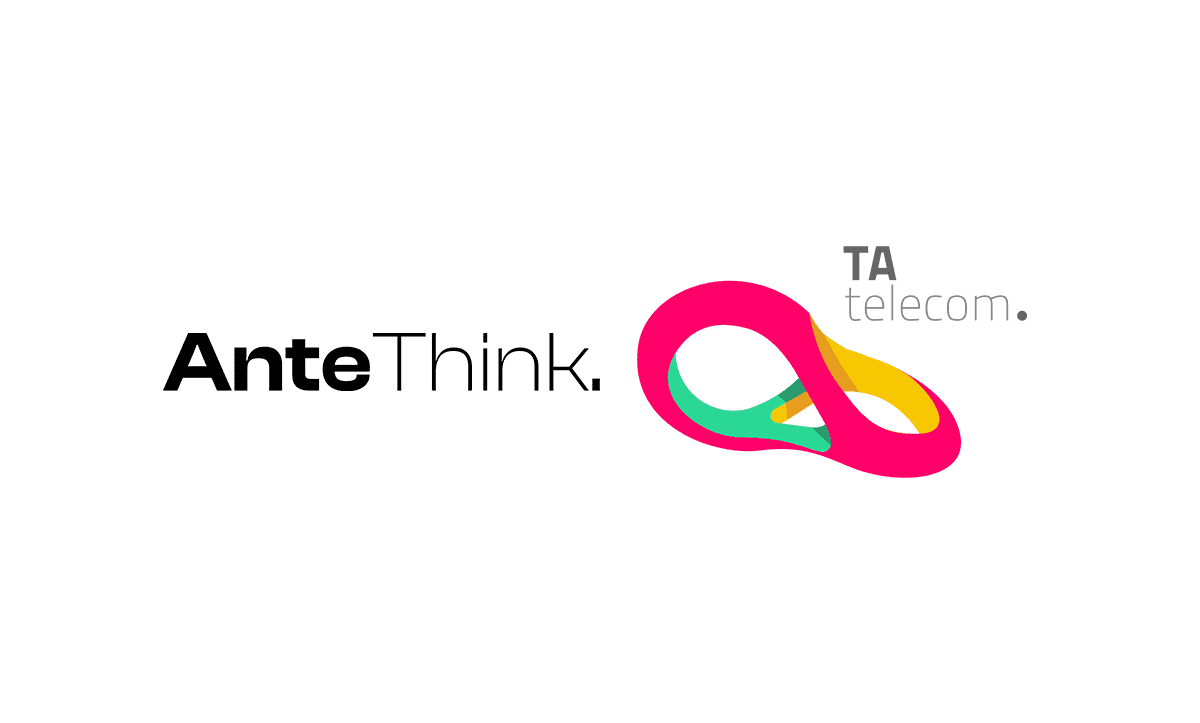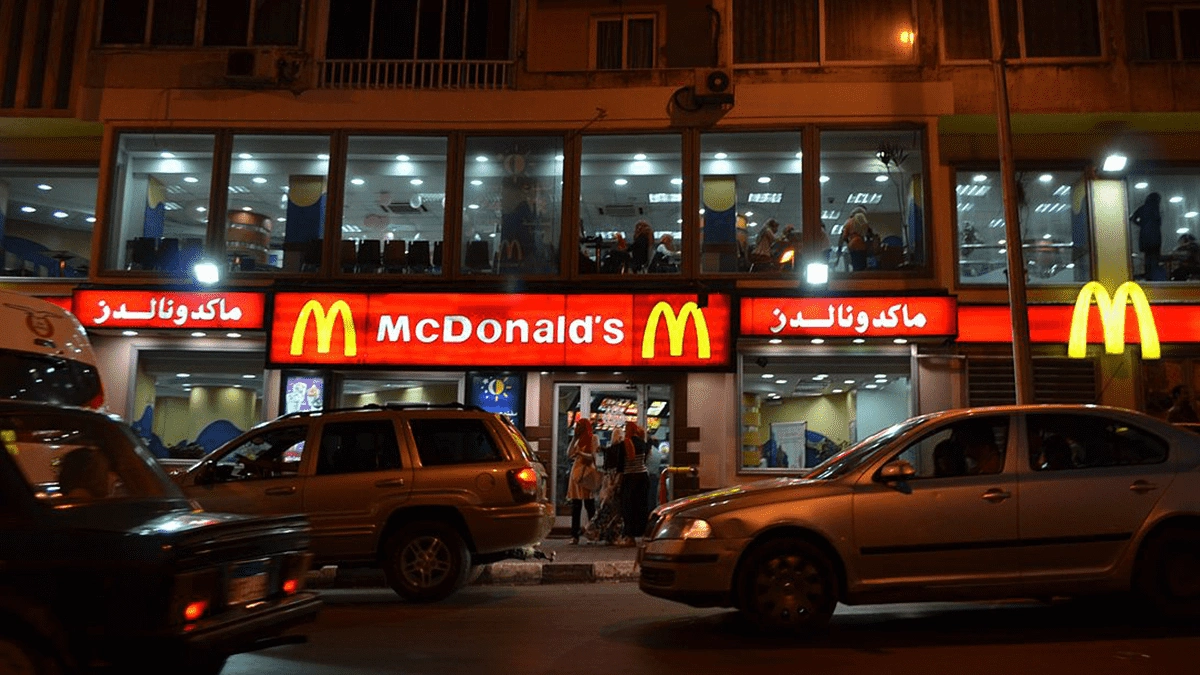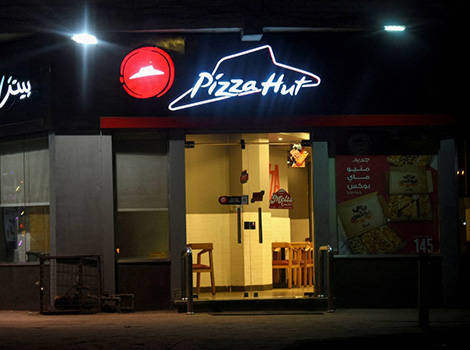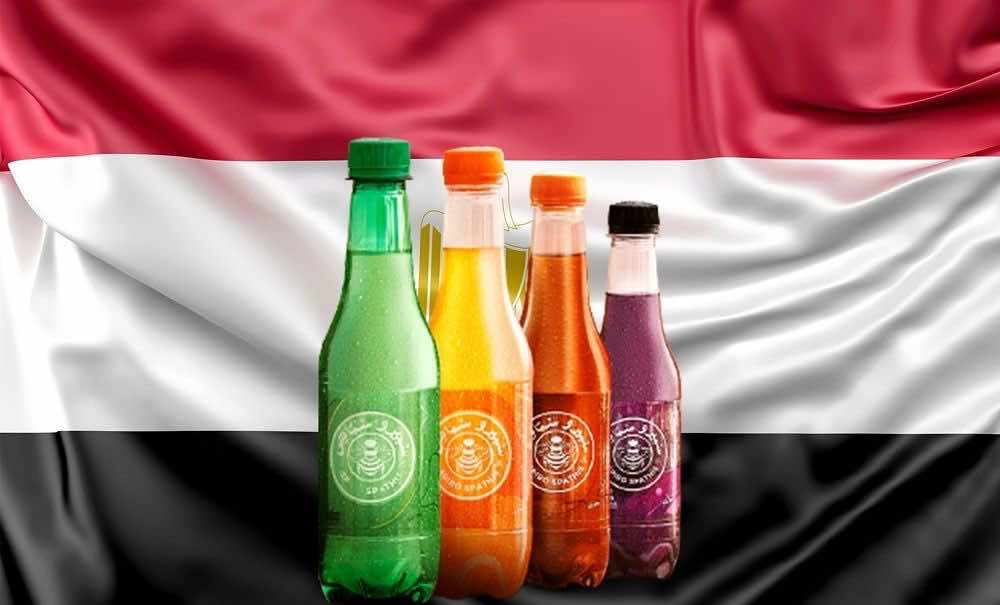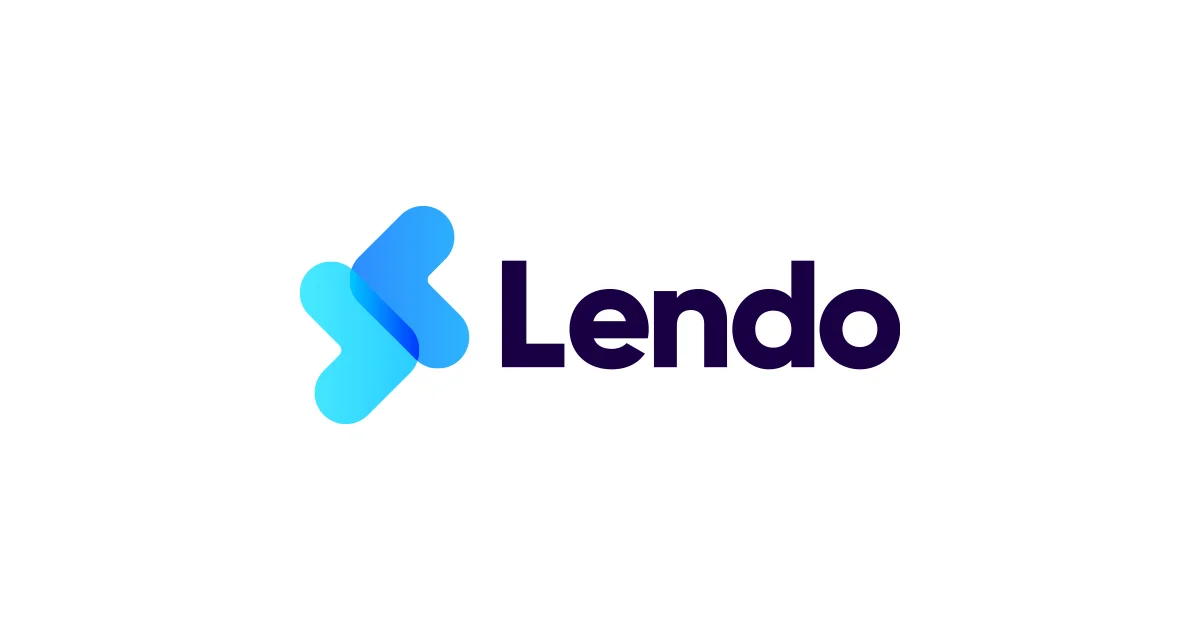Saudi Arabia fintech startup Lendo has crossed a significant milestone, facilitating more than 1 billion SAR in financing through over 2,500 transactions, all directed towards supporting Saudi Arabia’s Small and Medium Enterprises (SMEs).
Lendo is a Riyadh-based Shariah-compliant, Debt crowdfunding platform regulated by the Saudi Central Bank that helps pre-finance outstanding invoices for businesses in Saudi Arabia.
Since its inception, Saudi fintech Lendo has processed more than 2000 financing transactions on its platform since launch, providing SAR 1+ billion (USD 300 million) in financing to SMEs and generating SAR 140 million (USD 37 million) returns for investors.
Bringing together a community of creditworthy borrowers looking for short-term financing and savvy investors looking for alternative investments at high returns, Lendo’s products and solutions are designed to make business financing easier, faster, and smarter for investors and borrowers alike.
Operating under the regulatory framework of the Saudi Central Bank, Lendo operates as a Shariah-compliant debt crowdfunding platform, specializing in the pre-financing of outstanding invoices for local businesses.
Lendo has successfully curated a community of creditworthy borrowers in search of short-term financing, while simultaneously attracting savvy investors seeking high-yield alternative opportunities.
In an era where financial innovation is reshaping traditional norms, Lendo’s suite of products and solutions reflects a commitment to streamlining, expediting, and enhancing the world of business financing, offering advantages to investors and borrowers alike.
Empowering SMEs and Boosting GDP
Lendo’s financing has conservatively saved and created estimated hundreds of jobs within SMEs, providing essential stability in the job market. a testament to the platform’s profound economic influence.
Moreover, SMEs supported by Lendo experienced an impressive estimated 20% growth, underscoring the platform’s role in fostering entrepreneurship and business expansion. aligned with Vision 2030 goal of increasing 35% SME contributing to GDP.
The impact on the GDP is significant. Thriving SMEs contribute substantially to the GDP, generating revenue, increasing consumption, and amplifying economic activities. Lendo’s pivotal role in this process positions Saudi Arabia as an economic powerhouse, showcasing the potential of the Kingdom’s entrepreneurial spirit.
In essence, Lendo’s influence extends beyond financial transactions; it is a quantifiable catalyst for economic empowerment, conservatively saving jobs, boosting GDP, and nurturing the growth of Saudi SMEs.
Revolutionizing Business Financing
Lendo’s approach is revolutionizing the way businesses secure financing. By addressing the specific needs of SMEs, Lendo provides a lifeline to businesses grappling with cash flow issues.
The platform’s innovative debt crowdfunding model allows businesses to pre-finance their outstanding invoices, ensuring a steady influx of capital. This infusion of funds enables these businesses to meet operational expenses, invest in growth opportunities, and navigate the challenges posed by market dynamics.
Community-Driven Financial Solutions
At the heart of Lendo’s success is its community-driven ethos. The platform acts as a bridge between credible borrowers and investors seeking meaningful investment opportunities.
For borrowers, Lendo offers a hassle-free application process, swift approval timelines, and competitive financing terms. Investors, on the other hand, find a plethora of vetted opportunities, ensuring their investments yield substantial returns.
This symbiotic relationship fosters a sense of financial empowerment, enabling businesses to thrive and investors to grow their portfolios.
Investment Culture Shift
Lendo has played a significant role in reshaping perceptions of financial inclusion in Saudi Arabia, with over 1 billion SAR invested by individuals in small and medium-sized enterprises (SMEs).
This substantial investment amount signifies a noticeable shift in individual investment strategies, highlighting their growing interest in active participation in the financial ecosystem.
Lendo has also taken proactive steps to combat financial illiteracy by focusing on educating the community about the crucial role of investment in achieving financial stability and fostering growth.
These initiatives have encouraged greater participation from women, with women now constituting 12% of Lendo’s total investors and showing a growing presence.
Regulated and Shariah-Compliant
Lendo’s credibility is underpinned by its adherence to regulatory guidelines set forth by the Saudi Central Bank. Operating in a Shariah-compliant manner, Lendo ensures that its financing solutions align with ethical and Islamic principles. This commitment to regulatory compliance and ethical practices instills confidence in both borrowers and investors, fostering a secure and transparent financial ecosystem.
As Lendo surpasses the SAR +1 billion financing mark, it signifies more than just a numerical achievement. It represents the trust bestowed upon the platform by SMEs and investors alike.
Looking ahead, Lendo remains committed to furthering its mission of simplifying business financing. By continuously refining its offerings, embracing technological advancements, and expanding its reach, Lendo aims to empower even more SMEs in Saudi Arabia, driving economic growth and prosperity.
In a financial landscape where agility and innovation are paramount, Lendo stands as a beacon of progress. With each financing transaction, the platform reaffirms its commitment to transforming the SME sector and shaping a robust future for Saudi businesses.
Lendo has recently raised a Series B funding round, securing $28 million, led by Sanabil Investments, a PIF-owned company.
